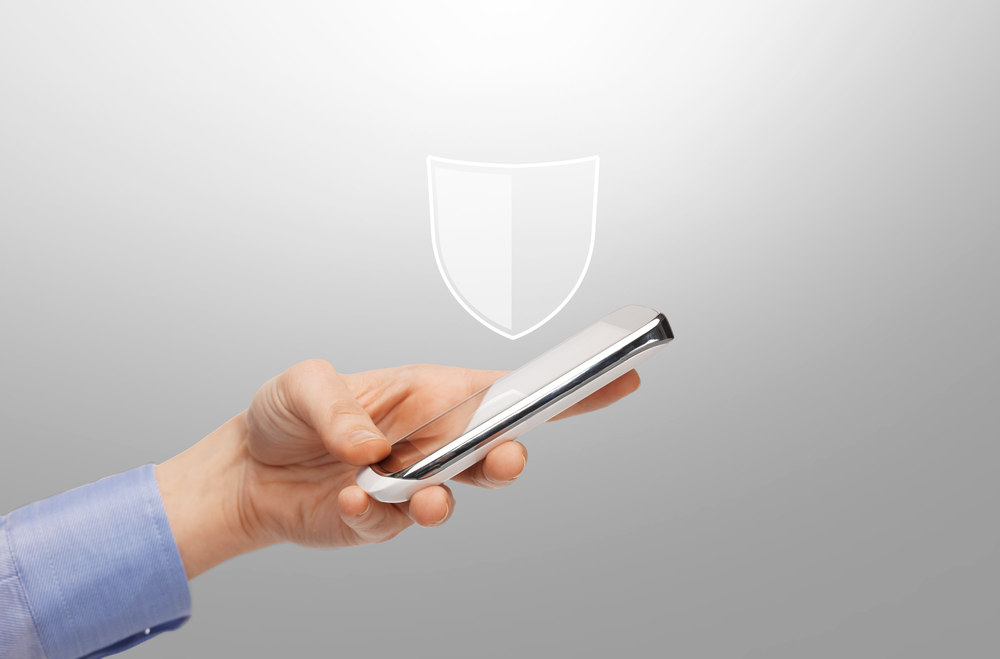Tips To Protect Your Pc With Antivirus
Hackers can attack your computer through many ways. To keep it protected, it is best that you employ several layers of anti-malware, many of which are available online for free as well.
An antivirus software, a.k.a. antivirus, is a program created to detect, prevent, and remove malware. Antiviruses are designed to also detect malicious URLs, spam attacks, phishing attacks, and many more. Some of the best antivirus today are available for free online. These include:
- Bitdefender Quick Scan
- Trend Micro HouseCall – Free Online Virus Scan
- Eset Online Scanner
- F-Secure Online Scanner
- Panda ActiveScan
- VirusTotal
- Metadefender
- BullGuard Virus Scan
There are many things you can do to protect yourself from malware, viruses, and fraud and also keep your accounts and devices safe.

The best place to start is by following a few security tips.
- Install an antivirus, and keep it updated. Considering the possibility of getting cyber-attacked will help you protect the information, keep security in place and discover new updates faster, and keep a close eye on your accounts.
- People manipulate your information through what is called “social engineering.” Calls from a stranger, emails from unknown sources, should be treated as a threat, identified, quarantined and dealt with.
- Only share information on the phone numbers you know. Use precaution while sharing/verifying information. Share your email address with people you know and also know how they will use it.
Disclaimer:
The content provided on our blog site traverses numerous categories, offering readers valuable and practical information. Readers can use the editorial team’s research and data to gain more insights into their topics of interest. However, they are requested not to treat the articles as conclusive. The website team cannot be held responsible for differences in data or inaccuracies found across other platforms. Please also note that the site might also miss out on various schemes and offers available that the readers may find more beneficial than the ones we cover.

